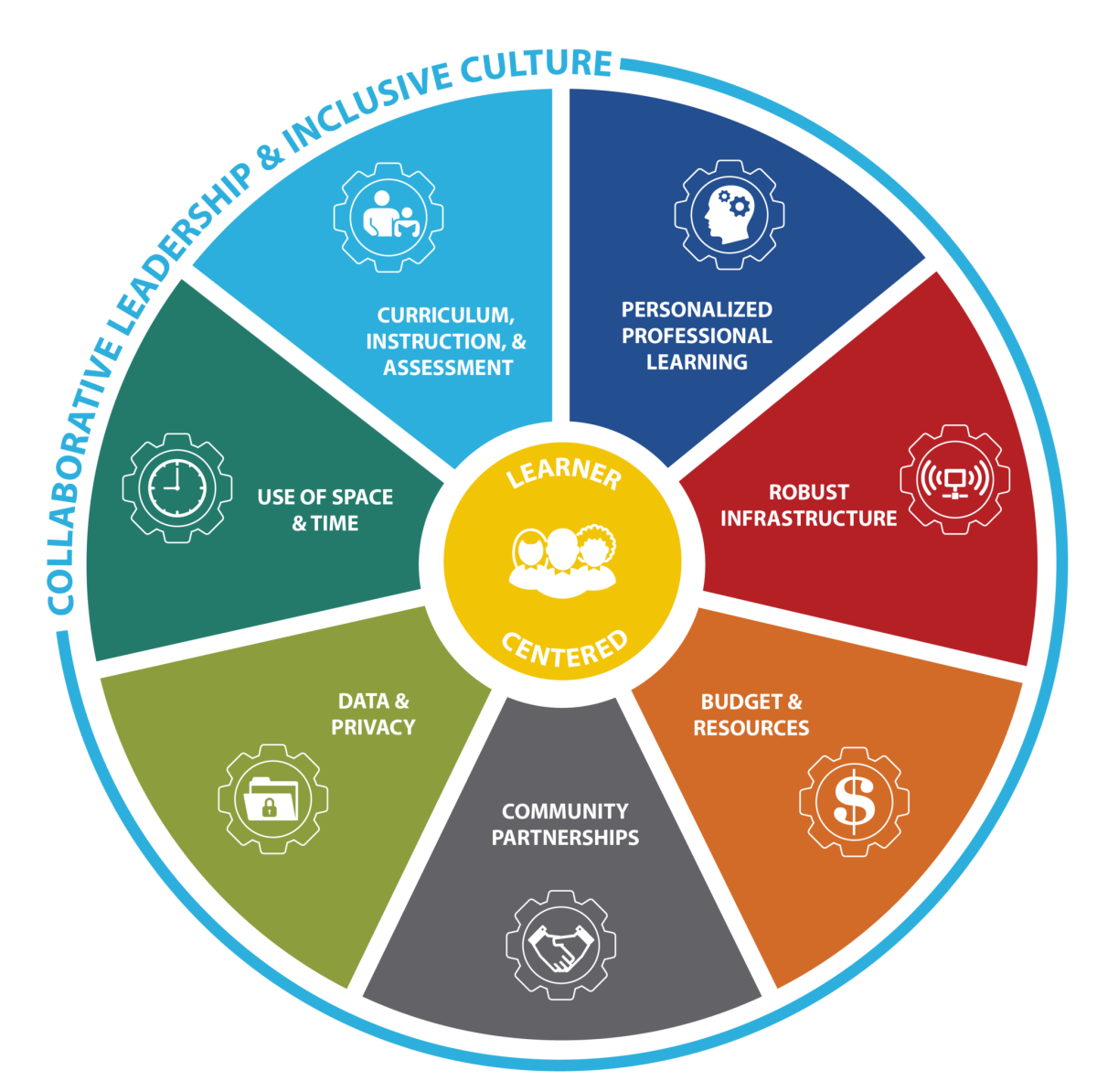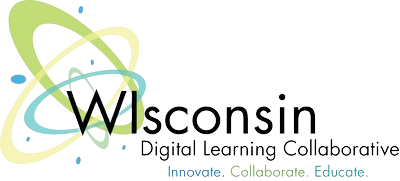
On July 1, 2024, the Wisconsin Department of Public Instruction will start a review of academic standards in information and technology literacy (ITL). To ensure that Wisconsin Academic Standards prepare all students to be college and career ready, these standards represent the common skills, knowledge, and dispositions that are necessary for students to succeed. Wisconsin Academic Standards are reviewed, revised, or both on an ongoing basis, and their adoption and use by schools is voluntary in state statute.
PUBLIC COMMENT
Any individual, group, or agency may submit written comments or information regarding these academic standards through this site. All comments received within 30 days of this notice will be reviewed and shared with the State Superintendent’s Academic Standards Review Council. Members of the council are selected to represent education, business, state leadership, communities, and parents throughout the state.
ALTERNATIVE FORMAT
Upon request, this notice can be made available in an alternative format, such as large print, Braille, or audio. To make such a request, please contact us using the information listed below.
CONTACT PERSON
Written comments, questions, and requests for more information on these academic standards should be directed to:
Amanda Albrecht, Digital Learning Consultant
Department of Public Instruction
Division for Academic Excellence
125 South Webster Street, P.0. Box 7841
Madison, WI 53707-7841
(608) 266-3851
Mission Statement
The mission of the Teaching and Learning Team is to inspire, lead, serve, and collaborate with the field to promote equity and transformative learning so that learners can navigate the world with agency, curiosity, belonging, criticality, and hope.
What is Digital Learning?
Digital learning encompasses a wide array of teaching and learning practices that use technology to enhance the educational process. It involves integrating digital tools, resources, and methodologies to facilitate and improve the learning experience. Digital learning can occur across various environments, including in traditional classrooms, online, or through blended models that combine both face-to-face and online elements. Some key aspects of digital learning include technology integration, personalized learning, interactive and engaging learning experiences, access to resources, collaboration, communication, data, analytics, flexibility, and skill development. Digital learning is continually evolving, driven by technological advancements and the changing needs of the educational landscape. It represents a shift from traditional educational models towards more dynamic, interactive, and student-centered approaches, preparing students for success in a digital world.
Future Ready Schools® Frameworks
The U.S. Department of Education’s Office of Educational Technology, in partnership with the American Institutes for Research (AIR), developed a research-based synthesis defining a set of policies and practices implemented by successful Future Ready district leaders. The characteristic of leadership described in this research is the backbone of the current Future Ready framework. The Wisconsin Department of Public Instruction supports the use of the All4Ed Future Ready® Frameworks and the Future Ready dashboard for Wisconsin School Districts.
Wisconsin Digital Learning Collaborative
The Wisconsin Digital Learning Collaborative (WDLC) is a partnership initiative that brings together the Wisconsin Department of Public Instruction (DPI), the Wisconsin Virtual School (WVS), and the Wisconsin eSchool Network (WEN). This collaboration aims to support and enhance digital learning initiatives across K-12 schools in Wisconsin. The WDLC provides a comprehensive framework for districts to access high-quality digital learning opportunities, resources, and support services tailored to meet the diverse needs of students and educators.


